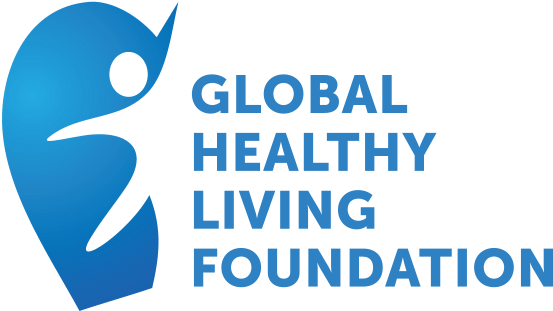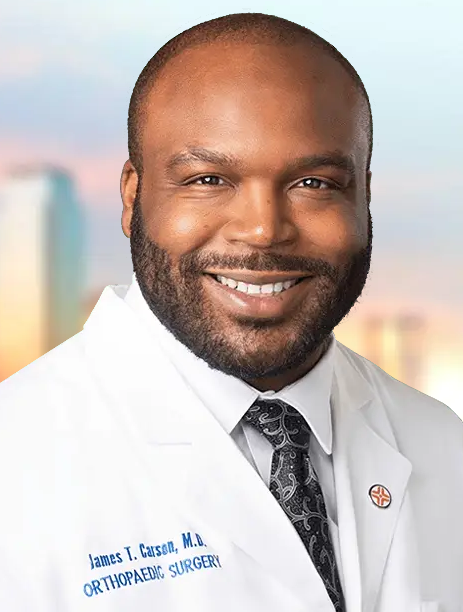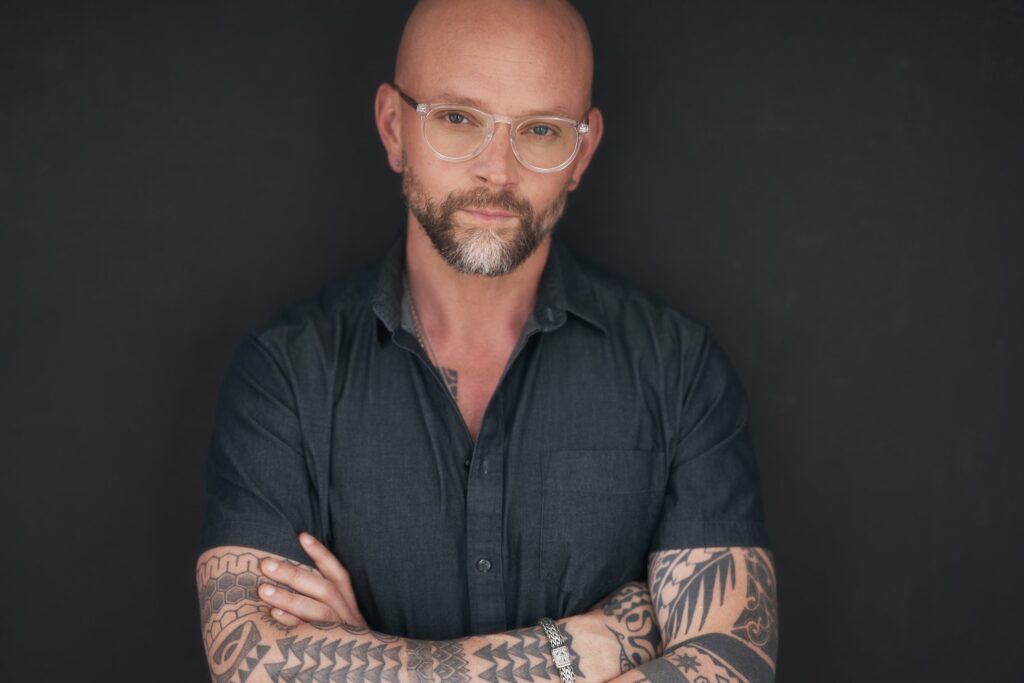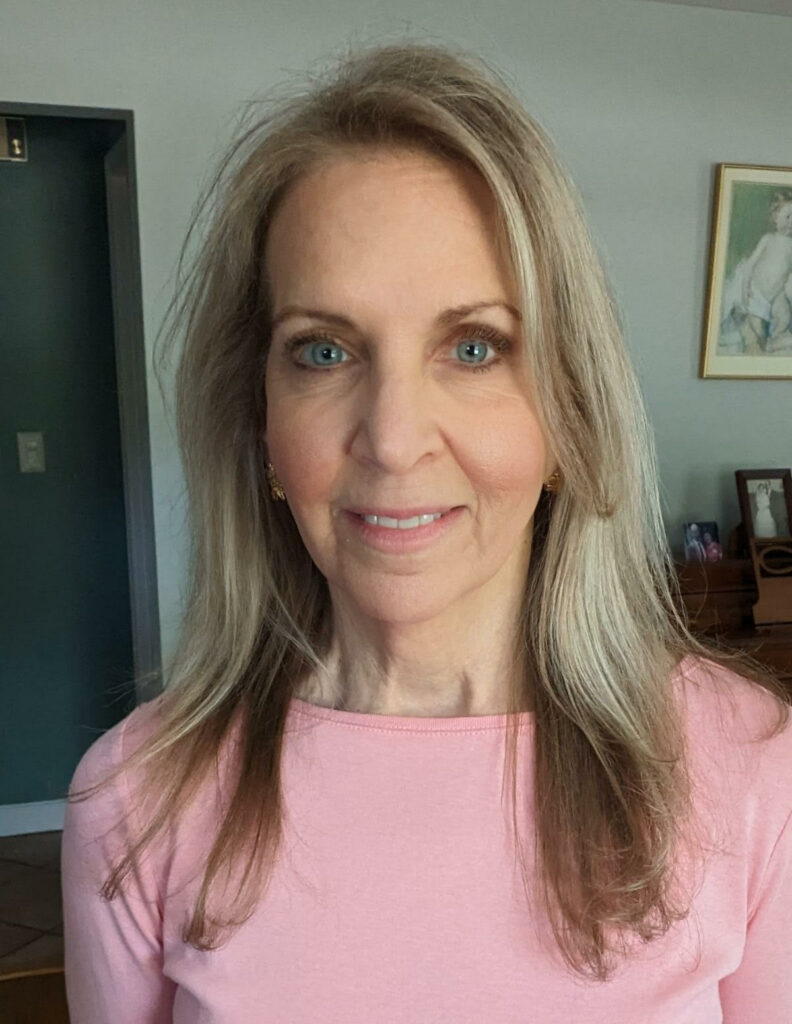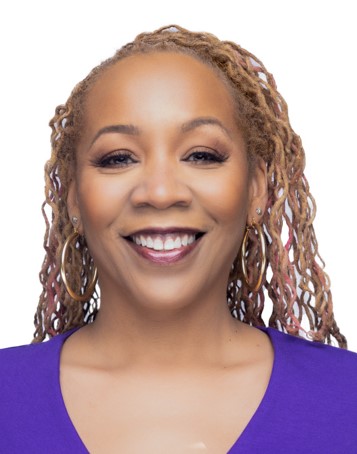Risk Factors
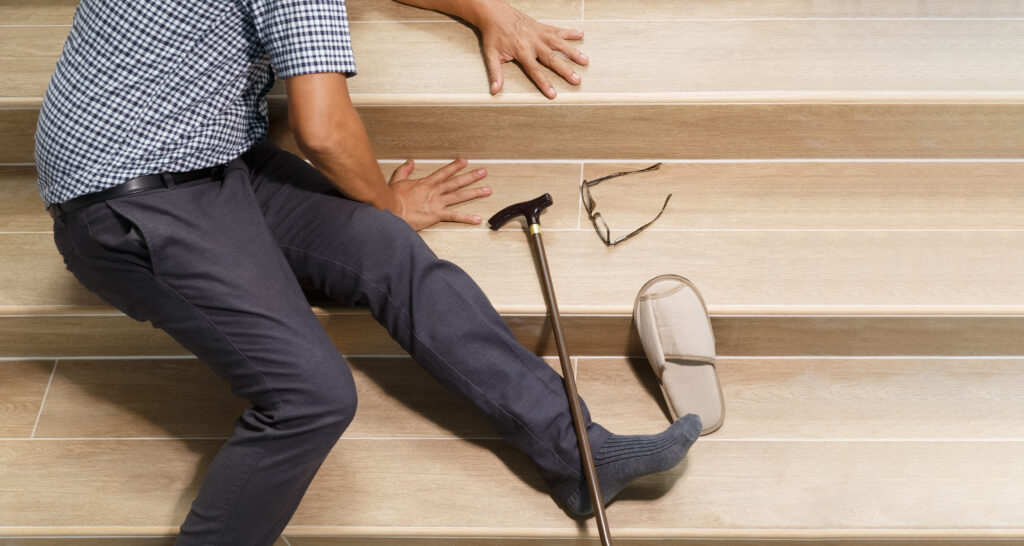
Knowing your risk factors for osteoporosis can help you better prioritize and achieve or maintain your bone health — and reduce your chance of experiencing more than one osteoporosis-related fracture (broken bone). Here’s what to keep in mind:
Age
Osteoporosis becomes more common as you get older. You are at average risk of developing osteoporosis at age 65 (women) and age 70 (men), though development can occur much earlier in life. If you are over age 50 and have broken a bone (fractured) or have underlying risk that can cause bone loss, talk to your doctor about a bone density screening (DEXA/DXA scan) and the possibility of osteoporosis.
Gender:
Women are at a higher risk of secondary fractures than men; though, men can still experience osteoporosis. One in 3 women worldwide over age 50 will experience a broken bone due to osteoporosis. One in 5 men worldwide over age 50 will experience the same thing.
Medical History:
Certain medical conditions and treatments such as inflammatory arthritis, inflammatory bowel disease, and long-term use of corticosteroids could enhance your risk of osteoporosis. Learn more about “‘connected conditions”’ to osteoporosis on this page.
Family History:
A family history of osteoporosis or multiple fractures may increase your risk. If you can, ask your family about any possible details and speak with your doctor about it.
Lifestyle Factors:
Smoking, excessive alcohol consumption, vitamin D and/or calcium deficiencies, and a sedentary lifestyle are all factors that can contribute to bone loss over time, making you more susceptible to developing osteoporosis.

Secondary Fracture Prevention
Once you experience a bone fracture, your risk of another fracture increases, especially if you have osteoporosis. Understanding this risk and taking steps to strengthen bones can keep you healthy.
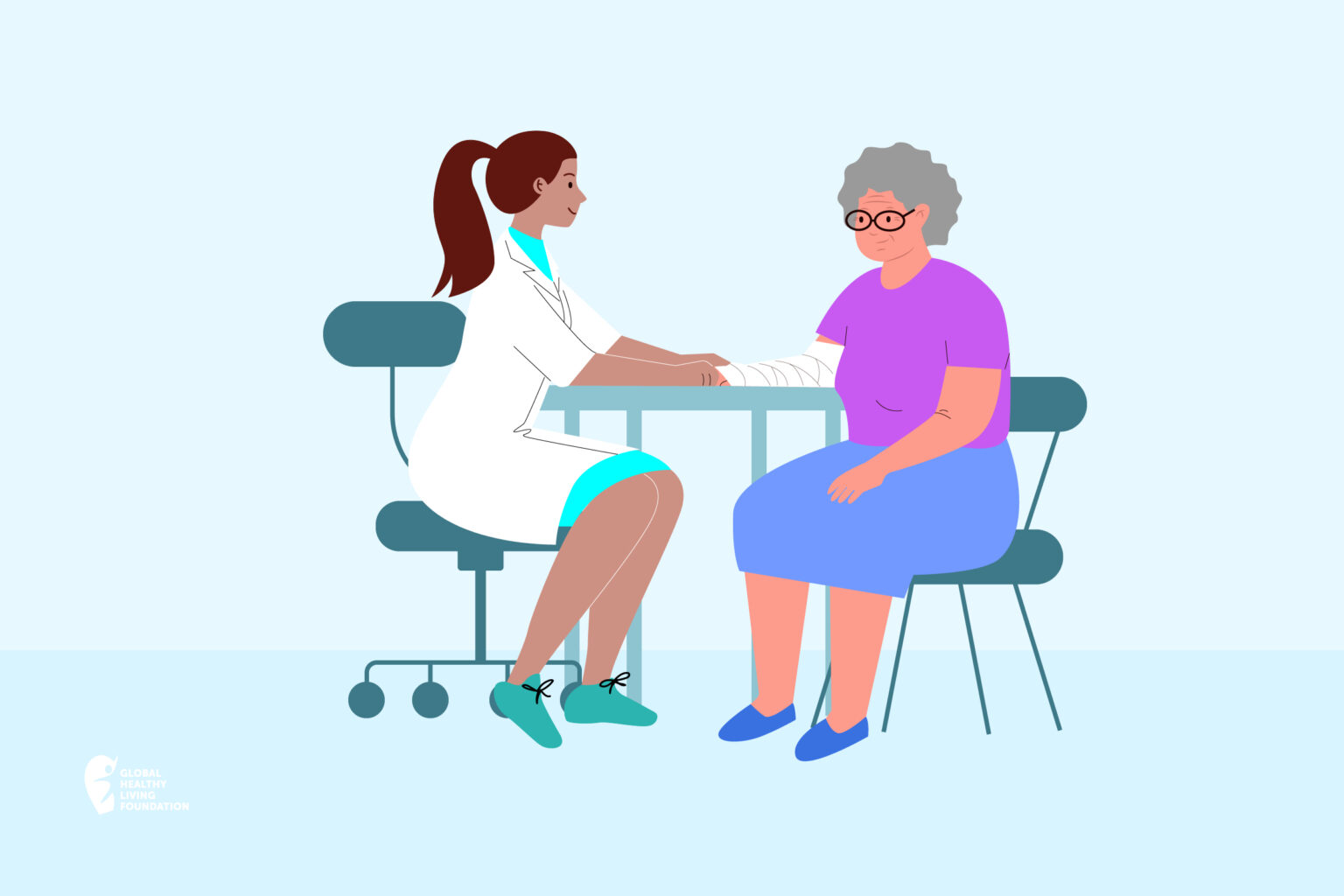
Fracture Liaison Services
Discover various options for care and follow-up plans after experiencing a fracture (bone break), like ‘Fracture Liaison Services’ (FLS). Discover why Fracture Liaison Services (FLS) are critical for individuals over 50 with bone fractures.
Dr. Carson's Expert Advice
Dr. James Carson (Orthopedic Surgeon) shares his expert advice on osteoporosis, procedures for treating osteoporotic fractures, and much more including a discussion on bone health in the Black, Indigenous and People of Color (BIPOC community). Watch his video to learn more!
Dr. Chad's Expert Advice
Dr. Chad Woodard (PhD, Physical Therapist) shares his expert advice by demonstrating some effective physical exercises that can help strengthen your bones, especially if you live with osteoporosis. Watch his exercise video to learn more!
Dr. Adimoolam's Expert Advice
Dr. Deena Adimoolam shares her expert advice on risk factors in women and men for osteoporosis, like hormones, as well as expert advice on fracture prevention and after-fracture care. She also shares tips for taking better care of your bone health. Watch her video interview to learn more!
Shelly's Story
Shelly shares her story on how she views living with osteoporosis and the importance of maintaining an active lifestyle and engaging in support groups to help prevent future fractures through exercise and education.
Tien's Story
Tien shares her story about experiencing multiple osteoporosis-related fractures, the importance of working to prevent future fractures and about daily life with osteoporosis.

What do you know and what do you need to learn?
Take our short bone health survey and share your insights. What you share is valuable to us.
